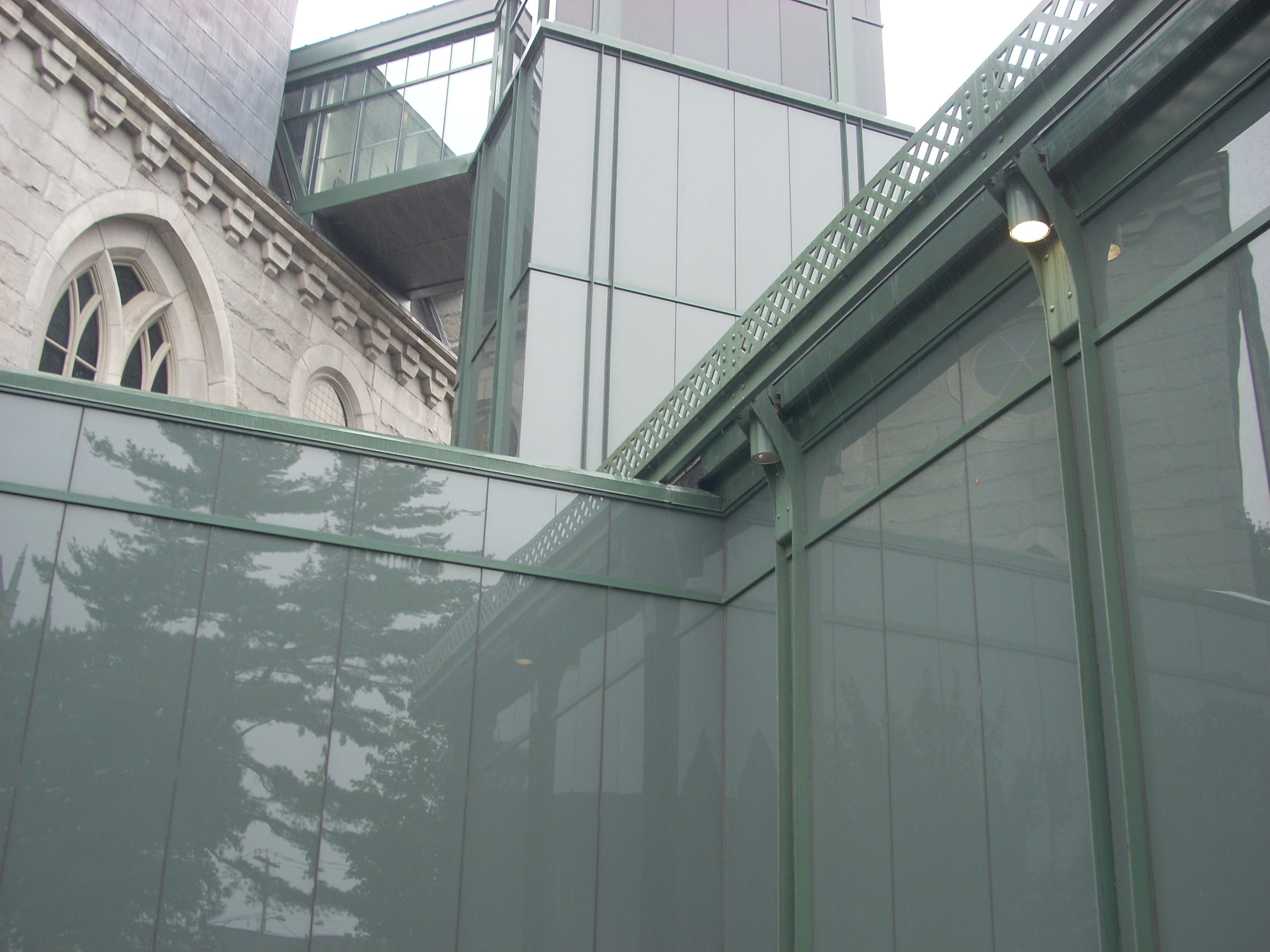
An initial Continental school question can be posed regarding power relationships: “who is allowed to give feedback?” There are several related questions: “What are the repercussion and implications embedded in the feedback for both parties?” There is also the matter of postmodern “narcissism”—a term that Christopher Lasch uses to describe our contemporary situation. We need feedback to “fill us up.” We are obsessed with self: “Enough about me. Why don’t we shift to you? So what do you think about me?” We are not only obsessed with self, but also desperate to know what other people want us to be. I would also suggest that there is narcissistic machismo. We request feedback to show that we “can take it.”
Social Construction and Feedback
There is the matter of social construction, which I first introduced with regard to Quad One. We need feedback to confirm our beliefs and self-image. This often sets up a self-fulfilling prophecy—we surround ourselves with other people like ourselves. Social constructions are reinforced by power. As a result, many narratives are never told and many constructs are never shared—because they are held by people who have no power. One of three things often occur. In some cases, these narratives are lost.
One of my colleagues, Richard Smith, had studied two Native American tribes in California, learning the languages of both tribes and interviewing the last living elders. As someone who was terminally ill, Richard sought a small amount of money from both governmental and philanthropic sources to finish his work (by bringing in an assistant). He was unsuccessful in obtaining these funds and died without completing his work. The narratives of both tribes are now lost. These narratives had been conveyed from one generation to the next by oral (rather than written) means. They were never recorded for posterity and are now lost. It is indeed tragic to witness the death of entire cultures and narratives.
Alternatively, those without power discredit their own constructs: “I must be crazy or ‘backward’ because I never hear my story or construct coming from credible sources.” This self-discrediting strategy is particularly noteworthy in the arena of alternative medicine (in North America and elsewhere in the world). Many healers, herbalists and healthy life style advocates during the first three quarters of the 20th Century felt like “second class” citizens in the health care community. They sometimes discounted or at least were quite defensive (or mute) about the remarkable story of success they could tell about healing or about the prevention of illness or injury. Their narratives of health have been recently found to be valid. Today we recognize the health benefits associated with exercise, natural (organic) foods and one’s positive state of mind.







